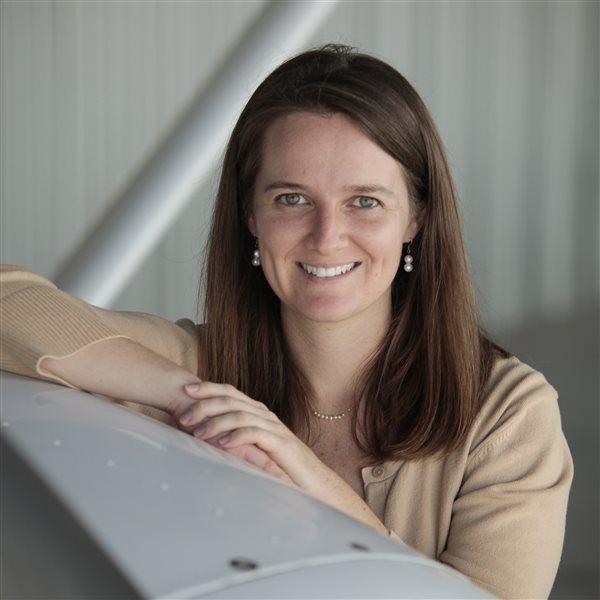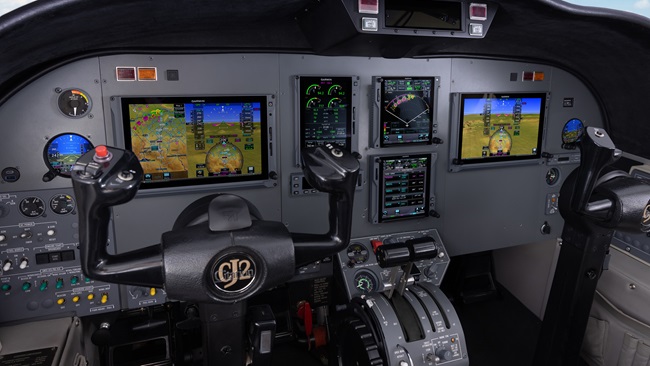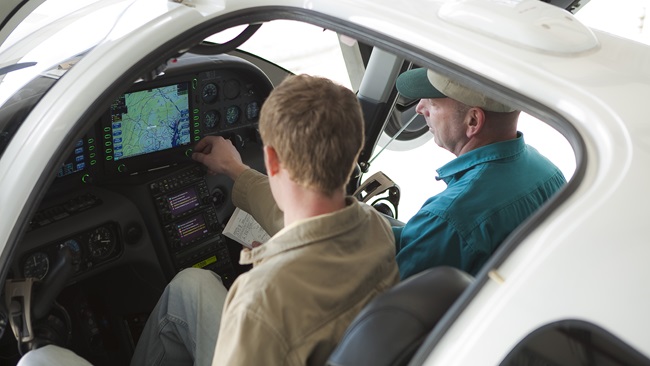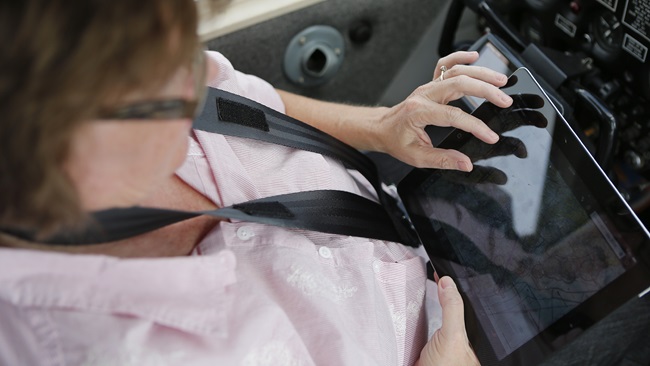Trio autopilot OK'd for certain Cessnas
The STC Group that has helped lead the way in bringing lower-cost equipment built for experimental aircraft into certified Part 23 aircraft secured the final nod from the FAA July 19 for the Trio Avionics Pro Pilot autopilot kit for Cessna 172, 175, and 182 aircraft.
In April, the company received a supplemental type certificate for autopilot installation kits on the Cessna 172 and Cessna 182 that included the brackets and hardware required to install the autopilot.
Perhaps the first aircraft to fly with the Trio Avionics Pro Pilot autopilot is AOPA’s Sweepstakes 172. The STC Group installed the autopilot and successfully tested it on the ground, then disconnected it so that AOPA Technical Editor and 172 Sweepstakes Project Manager Jill Tallman could fly the Cessna 172 to Oshkosh, Wisconsin, for display at EAA AirVenture. With the July 19 STC, the autopilot can now be reconnected and turned operational in the Sweepstakes 172, perfect timing for the airplane's awarding to winner Gary Walters.
The installation kits are available for $2,000, and the Trio Pro Pilot autopilot kit is $5,000.
The digital autopilot is popular in the experimental aviation market. More than 3,000 units have been delivered for experimental aircraft since the first units rolled out in the early 2000s, AOPA previously reported.
The autopilot offers flight envelope protection, a level button, and a 180-degree turn feature to help VFR pilots get out of instrument conditions. In addition, it can fly a course or heading and constant-rate climbs or descents, level off at a selected altitude, and fly the lateral and vertical portions of RNAV approaches when connected to a WAAS GPS.
The STC Group's website noted that the company hopes to have installation kits approved for the Cessna Cardinal and Piper PA-28 series in early September and for the Piper Comanche in early October.
Aviation groups including AOPA and the Experimental Aircraft Association have been working with the FAA and avionics companies that develop instruments for experimental aircraft to allow the non-technical standard order products to be installed on certified aircraft in a faster, more economical manner.




